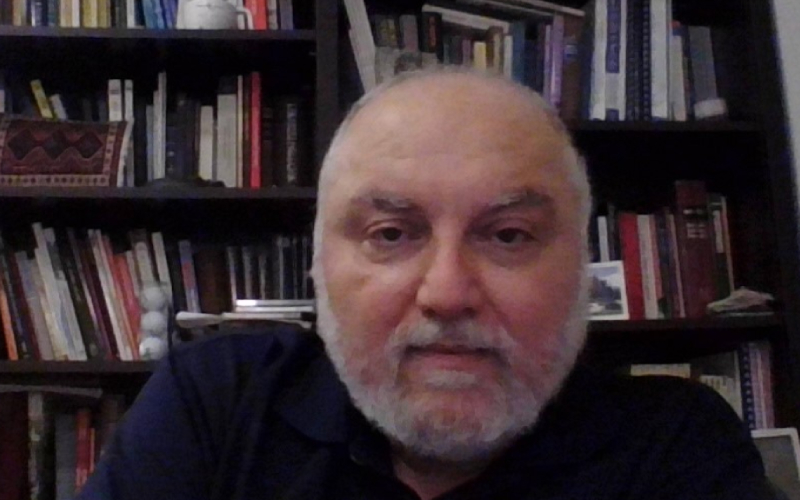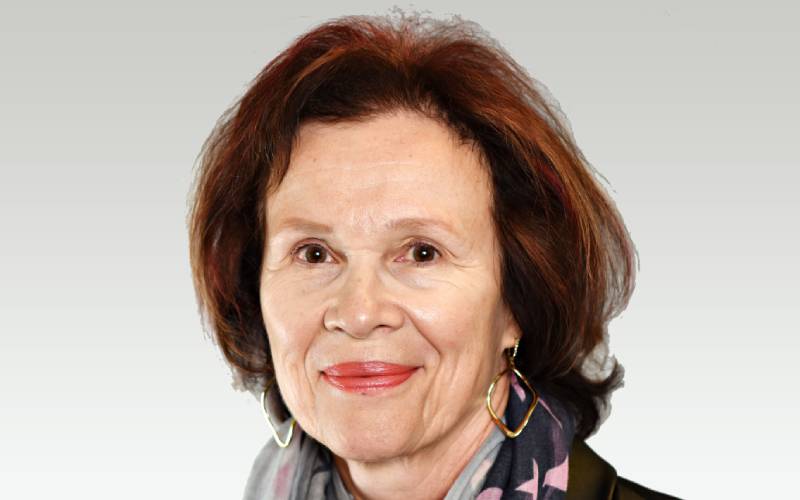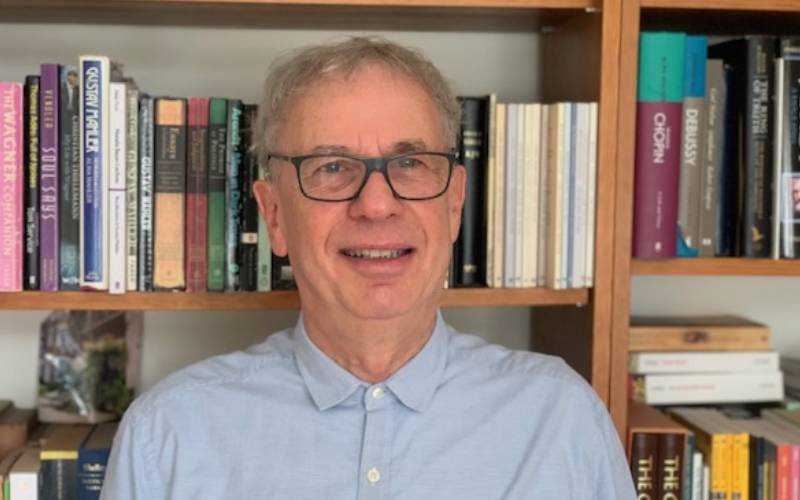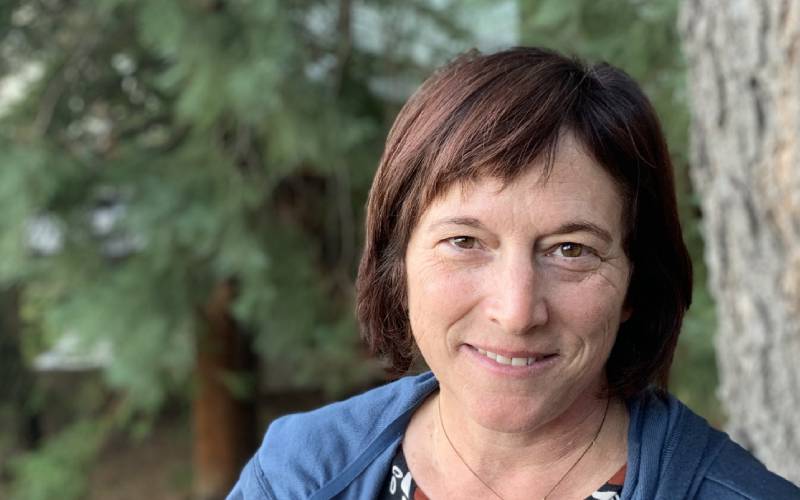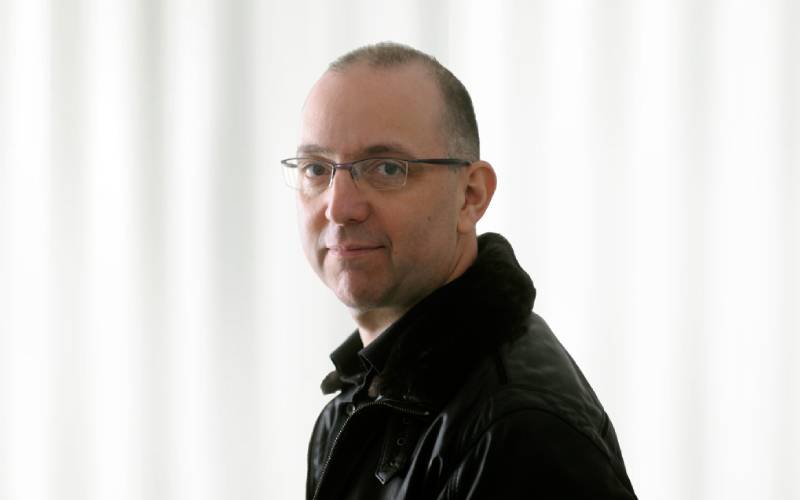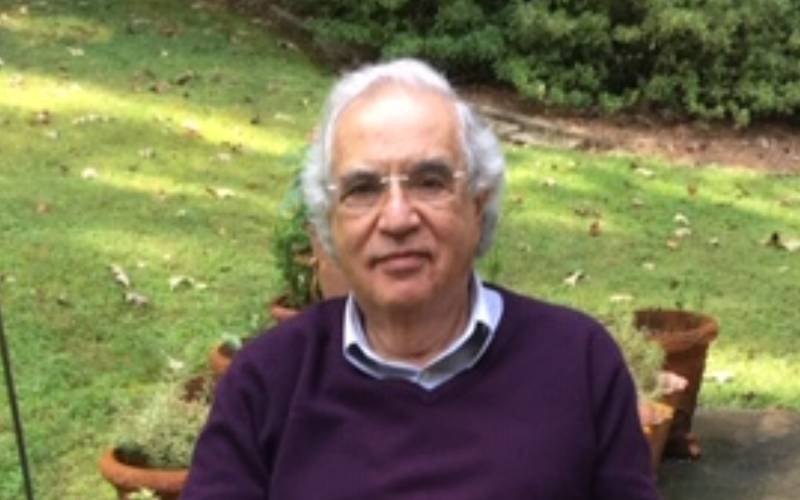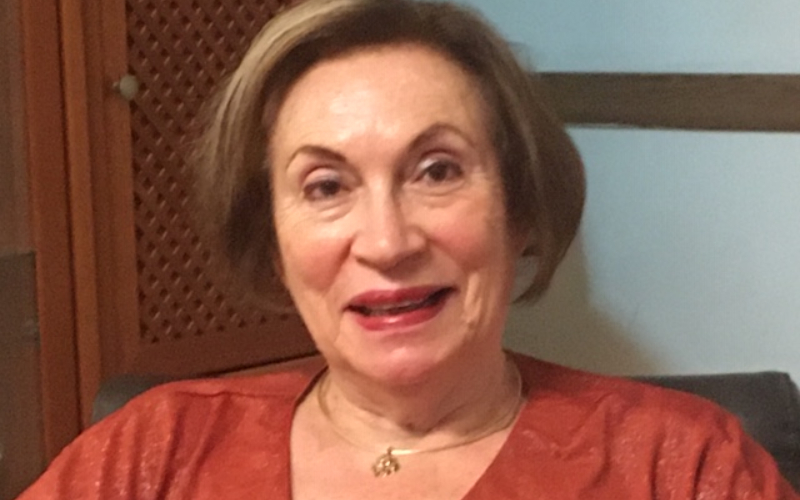Episode 76: Torture, Rehumanization, and Psychoanalysis with Vladimir Jovic, MD, PhD
“Every individual reaction was specific and idiosyncratic – it was absolutely related to the previous experience. Even the symptoms that were formed could be understood as the reaction to adult trauma but shaped according to a childhood experience.” Vladimir Jovic, MD, PhD Belgrade Episode Description: Dr. Harvey Schwartz welcomes Dr. Vladimir Jovic to today’s episode….
Read MorePodcast: Play in new window | Download

